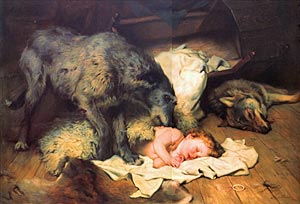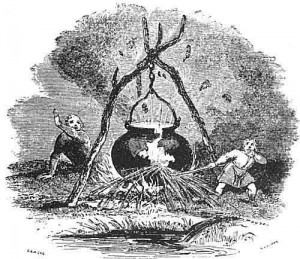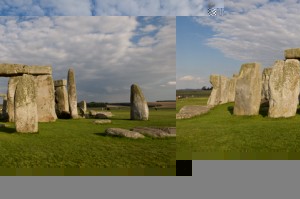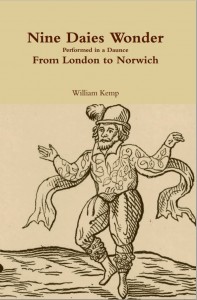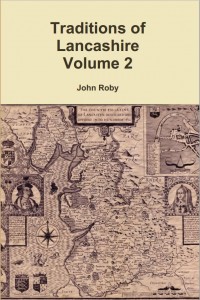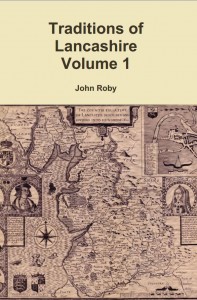|
Abeawt, about
Aboon, above
Afoor, before
An’, and
Appos, apples
As, ‘At, that
Aw, I
Aw’ll, I will
Aw s’, I shall
Aye, sure; yes, certainly
Bawls eawt, calls out
Beawn to, bound to, going to
Beawt, without
Bell-heawr, meal time
Bi theirsel’, by themselves, alone
Bin, been
Bobby, policeman
Bod, but, only
Booat, boat
Bowt, bought
Brass, money
Breet, bright
Brid, bird
Browt, brought
Broo, brow
Brooak, broke
Brunt, burnt
Bud, but, only
Campin’, chatting.
Canel, Canal
Catched, caught
Ceawrd, cowered
Chaff, banter
Chap, fellow
Cheer, chair
Childer, children
Chimbley, chimney
Chucked, thrown
Clam, starve
Cleawds, clouds
Cleynin’, cleaning
Clooas, clothes
Co, (1) call, (2) abuse
Codger (Cadger), fellow
Con, can
Connod, cannot
Cooat, coat
Cooartin‘, courting
Coom, came
Corn’d, cannot
Cosses, curses, curse
Cowd, cold
Crack, (1) an instant, (2) a joke or merry
anecdote
Craytur, creature
Creawded, crowded
Cronies, mates
Cut, canal
Dad, father
Daicent, decent
Deawn, down
Dee, die
Disate, deceit
Doesno’, does not, dost not
Dooin’, doing
Dorn’d, don’t
Dree, monotonous
Dreeam, dream
Drooav, drove
Dudn’d, did not
Dust, a warm discussion
Dule (Devil), smart fellow
Eawr, our
Eawt, out
E’e, eye; E’en, eyes
‘Em, them
Eyt, eat
Fauce (False), knowing, wise
Fayther, father
Fayver, fever
Feeard, afraid
Fella, fellow
Fleawr, (1) flour, (2) flower
Fo, fall
Foo’, fool
Fooak, folk
Footbo’, football
Forged, forget
Forrad, forward
Fost, first
Fotch, fetch
Fowd, fold, yard
Fowt, fought, toiled
Fun’, found
Ged, get;
Geddin, getting
Geet, got
Getten, gotten
Gill (Jill), in Lancashire, half-a pint
Gi’n, given
Gooa, go; Gooan, gone
Gowd, gold
Gradely, proper-ly, thorough-ly
Gred, great
Gronny, granny
Hafe, or Hofe, half
Hafe-timer (Half-timer), a child
who works during one half of each day and attends school the other half
Heaw, how
Heawr, hour
Heawse, house
Hed, had
He’d, (1) he had, (2) he would
Heeard, heard
Hes, has; Hev, have
Heyd, head
Hob, side of fireplace opposite oven
Hoo, she
Hooam, home
Hooarse, hoarse
Horts, hurts
Hoss, horse
I’, in
Id, it; Id’, its
Ill fooak, sick folks
Iv, if
Jannock, genuine
Jiffy, instant
Keer, care
Knowed, knew
Layrock, lark
Leeap, leap
Leet, light
Leet on, alight upon, discover
Lick, beat
Limber, lithe, active
Loce, loose
Looan, lane
Lots, plenty
Loysin’, losing
|
Mad, vexed
Maister, master
Mam, mother
Marlocks, practical jokes
Meawse, mouse
Meawths, mouths
Med, made; Mek, make
Meyt, meat
Mi, my; Misel’, myself
Mich, much
Mo, me
Mon, man
Mony, many
Mooast, most Moor, more
Moytherd, worried, troubled
Mun, must; Mut, might
Nau’but, naught but
Neaw, now
Neet, night
Nob’ry, nobody
Nod, not
Nod, a, a doze, a sleep
Nor, than
Nowe, no (the negative answer)
Nowt, nought
Noysy, nosy
O, all
O’, of, on
Oather, either
Olez, always
On, of
Ooak, oak
Oon, Oven
Oppen, open
Otogether, altogether
Ov, of
Owd, old
Owt, aught, anything, ought
Papper, paper, newspaper
Peawnd, pound
Peawrs, powers
Peearkt, perched
Pleecemon, policeman
Pon, pan
Poo’d, pulled
Pooarch, porch
Pratty, pretty
Preawd, proud
Quare, queer
Quate, quiet
Rayther, rather
Reawnd, round
Reet, Reight, right
Rowls, rolls
Ruffins (Ruffians), rough lads
Scoor, score
Seawnd, sound
Seawr, sour
Seeatbooard, the seatboard of
a handloom
Seet, sight; See ‘t, see it, saw it.
Seet off, started off
Set, sat
Sheawr, shower
Sheawted, shouted
Sheed, shed, let fall
Si, (1) see, (2) saw
Sich, such
Sin, seen; Sin’, since
Skeeam, scheme
Slutch, sludge
Smooky, smoky
Some’at, somewhat, something
Sooa, so; Sooart, sort
Sowd, sold
Sowjered, soldiered, served in the army
Sowl, soul
Speawtin’ (Spouting), speechmaking
Stannin’, standing
Sterted, started
Steylin’, stealing
Stooary, story
Stor thi stumps, stir thy feet
Swellin’, swelling, swaggering
T’, Th’, the
Ta, Tha, Thae, thou
Tay, tea
Teawn, town
Tekkin’, taking
Tentin’, attending to
Tenter, weaver’s assistant
Ter’ble, terrible, wonderful
Teyched, taught
Thad, that
Thae’rt, Tha’rt, thou art
Thacked, thatched
Theer, there
Theirsel’, themselves
They’n, they have
Thick, friendly
Thowt, thought
To’ard, To’art, toward
Took his hook, ran off
Towd, told
Toyler, toiler
Two-o’-thre’ (two or three), a few
Uns, ones
Varra, very
Voyce, voice
Wakken, waken
Watter, Wayter, water
Waur, were, was
Waurld, world
Weel, well
Welly, well nigh
We’n, we have
Wer, short sound of were; used in dialect for was, and occasionally for our
We s’, we shall
Weyvin’, weaving
Wheer, where
Whol, while
Wi’, with
Wi’nod, will not
Wi’ ‘t, with it
Wo, wall
Wod, (1) what, (2) would
Wodn’d, would not
Wooave, wove
Wo’st, worst
Wo’th, worth
Yar, our
Yed, head
Yer, Yore, your
Yo’n, you have
|

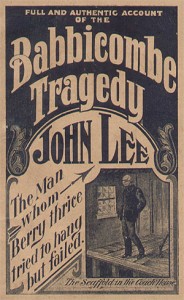 On the morning of 15th November 1884, 68 year-old Emma Ann Whitehead Keyse was found dead at her home, “The Glen,” at Babbacombe Bay near Torquay by her servants who had been roused by the smell of smoke in the property.
On the morning of 15th November 1884, 68 year-old Emma Ann Whitehead Keyse was found dead at her home, “The Glen,” at Babbacombe Bay near Torquay by her servants who had been roused by the smell of smoke in the property.